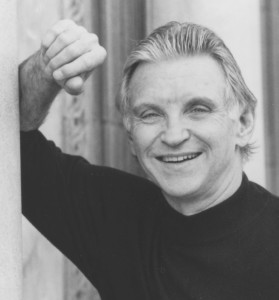BY 1969, Martin Duberman had spent nearly two decades in reparative therapy, desperately trying to stamp out his same-sex desires. it took a  critical moment in gay American history, the Stonewall riots, to persuade Duberman, then 39, to reject the psychological establishment’s “cure” for homosexuality once and for all.
critical moment in gay American history, the Stonewall riots, to persuade Duberman, then 39, to reject the psychological establishment’s “cure” for homosexuality once and for all.
Through that turbulent awakening, duberman grew into a formidable intellectual and activist, writing about and advo- cating on behalf of the disenfranchised in every corner of soci- ety, sounding the alarm on the AidS crisis, and founding one of the first gay studies programs in the u.S. The latter was achieved after a five-year struggle, in 1991, at City university of New York (CuNY), where the Center for Lesbian and Gay Studies (CLAGS) is still going strong today.
Despite his enduring commitment to gay rights and lifelong dedication to queer scholarship, duberman is deeply disappointed in the contemporary GLBT movement, noting that for the past twenty years the focus has been on marriage equality and repealing “don’t ask, don’t tell.” His view is that the goal of assimilation runs counter to the spirit of Stonewall and Gay Liberation, which sought to affirm, rather than minimize, the differences between mainstream and queer culture.
To commemorate the 44th anniversary of Stonewall in June, as well as the publication of the new anthology of Duberman’s essays in The Martin Duberman Reader, I sat down with the author in his art-filled, book-stacked apartment in Chelsea, Manhattan’s gay enclave. There he shared his thoughts about the state of gay politics and reminisced about those heady days in the 60s and 70s when various social movements—Black power, women’s Liberation, the Antiwar Movement—took on the status quo and paved the way for the gay rights struggle. This interview was originally conducted for The Slant: There’s Always More to the Story, an on-line magazine of which i am the co-ed- itor (visit www.slanthere.com).





